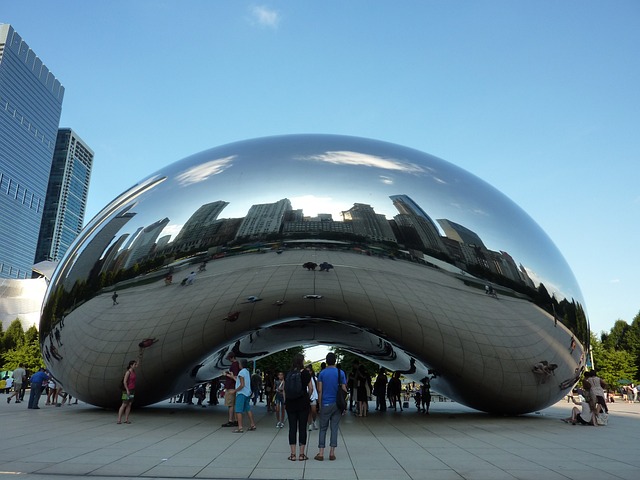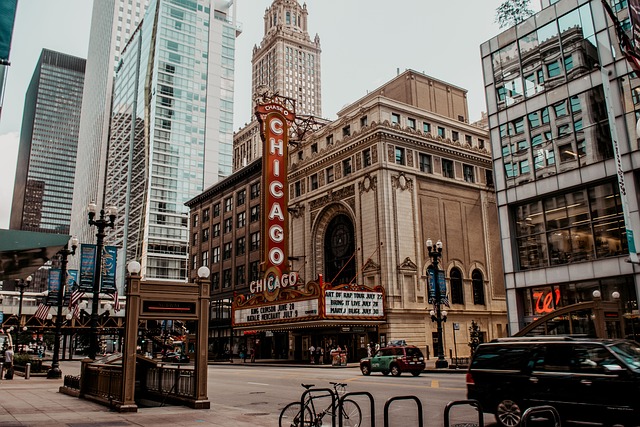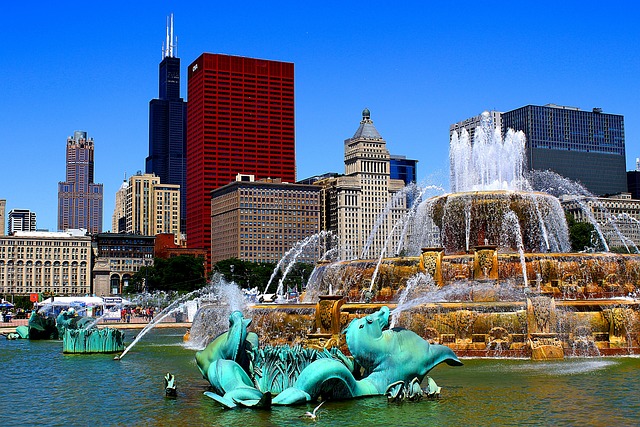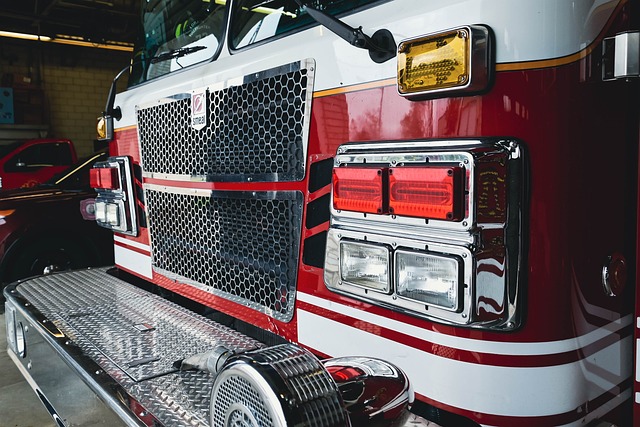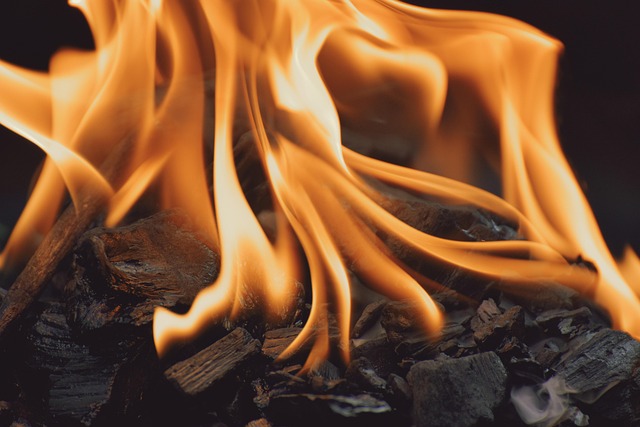Selling a fire-damaged house in Chicago requires careful navigation of legal, insurance, and market factors. Homeowners must assess damage, decide between repair and reconstruction, understand building codes, and manage buyer perceptions. Insurance policies should be reviewed for coverage, and prospective buyers weigh restoration's cost-effectiveness or reconstruction's customization potential. In the competitive Chicago market, strategic marketing emphasizing transformation potential can lead to successful sales of fire-damaged properties.
“After a devastating fire, homeowners in Chicago often find themselves navigating uncharted territories when considering the sale of their property. This comprehensive guide delves into the unique challenges and complexities of selling a burnt house in the city. From understanding legal frameworks and insurance claims to exploring restoration vs. reconstruction options, we provide insights for informed decision-making. Learn about successful sales strategies in fire-affected areas and discover how to transform a disaster into an opportunity when selling a fire-damaged home in Chicago.”
- Understanding the Challenges of Selling a Fire-Damaged Property in Chicago
- Legal and Insurance Considerations for Burnt House Sellers
- Restoration vs. Reconstruction: Navigating Cost and Timeframe
- Market Dynamics and Strategies for Successful Sales in Fire-Affected Areas
Understanding the Challenges of Selling a Fire-Damaged Property in Chicago
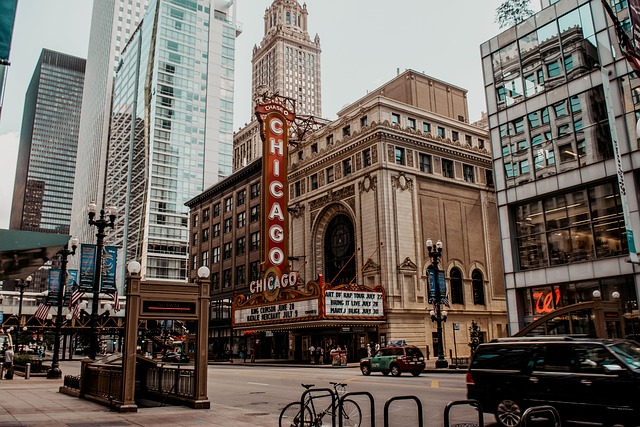
Selling a fire-damaged property in Chicago can be a complex and challenging process, often filled with unique obstacles. Homeowners face numerous hurdles when trying to navigate the real estate market with a burned-out house. The initial step is assessing the extent of damage, which may require professional inspections to accurately determine repair costs—a crucial factor for potential buyers.
In Chicago, where real estate is competitive, a fire-damaged property might be perceived differently by buyers, leading to lower offers or extended negotiations. Homeowners must also consider legal aspects, including obtaining permits for renovations and ensuring compliance with local building codes, which can add unnecessary complexity and time to the selling process. These challenges demand careful planning, expert guidance, and a deep understanding of Chicago’s real estate dynamics to successfully sell a fire-damaged house.
Legal and Insurance Considerations for Burnt House Sellers
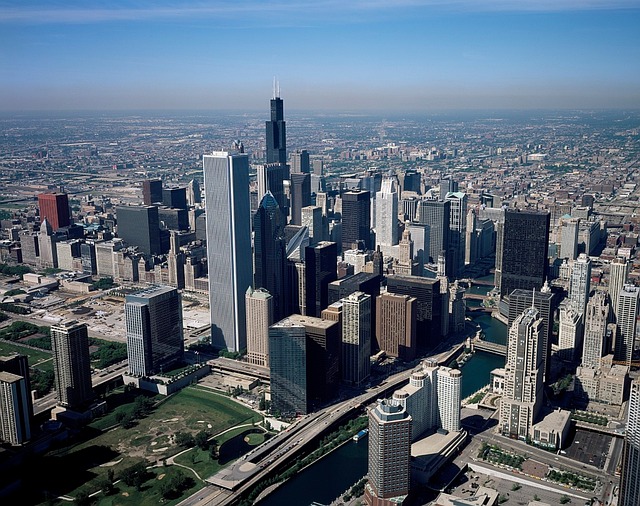
When considering selling a fire-damaged house in Chicago, there are several legal and insurance aspects to keep in mind. The first step for burnt house sellers is to thoroughly evaluate the extent of damage and determine whether it’s feasible to repair or if reconstruction is required. This decision significantly influences the legal process, as partial repairs might require less stringent disclosures compared to a complete rebuild. Sellers must consult with local building and safety officials to understand the necessary renovations and any potential code violations.
Insurance plays a pivotal role in this scenario. Homeowners insurance typically covers fire damage, but policies vary regarding deductibles, coverage limits, and restoration costs. Burnt house sellers should carefully review their policies to comprehend what’s covered and what might be considered a settlement or out-of-pocket expense. Additionally, they may need to consider additional insurance to facilitate the selling process, especially if potential buyers request assessments or inspections before finalizing the purchase.
Restoration vs. Reconstruction: Navigating Cost and Timeframe
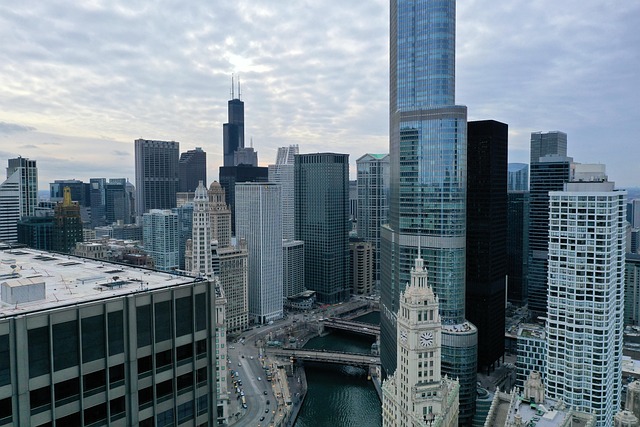
When buying a burned house in Chicago, one of the key considerations is whether to restore or reconstruct the property. Restoration involves repairing and revitalizing the existing structure, focusing on returning it to its pre-fire condition. This path typically offers a more cost-effective and faster timeline compared to reconstruction. Reconstruction, on the other hand, entails building from the ground up, allowing for customization but at a higher price point and longer duration.
Selling a fire-damaged house in Chicago requires balancing these options based on personal preference and budget constraints. Restoration might be ideal if you seek a quicker turn-around and want to preserve the original character of the home. Reconstruction is suitable for those aiming for a completely new build, accommodating modern design preferences while understanding the extended time frame and increased costs involved.
Market Dynamics and Strategies for Successful Sales in Fire-Affected Areas

In the aftermath of a fire, Chicago’s real estate market presents unique challenges and opportunities for both homeowners and buyers. The initial impact is evident—fire-damaged properties often require significant repairs, which can be off-putting to potential buyers. However, this also creates an opening for strategic sellers who understand how to navigate these dynamics. One key strategy involves highlighting the potential for transformation; many buyers are seeking opportunities to renovate and create their dream homes, seeing fire damage as a chance to start fresh rather than a deterrent.
Marketing these properties effectively requires a nuanced approach. Sellers should emphasize the benefits of buying in an up-and-coming area, where investment potential is high. Using compelling visuals and honest disclosures can showcase both the before and after transformations, appealing to buyers who appreciate the art of restoration. With careful staging and professional photography, selling a fire-damaged house in Chicago can become a successful venture, attracting those seeking not just a property but a chance to build their future.
Selling a fire-damaged house in Chicago can be a complex process, requiring careful navigation through legal, insurance, and market challenges. Understanding the specific considerations for these unique properties is key to a successful sale. By thoroughly evaluating restoration vs. reconstruction options and staying informed about local market dynamics, potential sellers can overcome obstacles and achieve favorable outcomes. Remember that with the right strategies, selling a fire-damaged home in Chicago is not only possible but can also be a positive step towards rebuilding and revitalizing affected communities.
